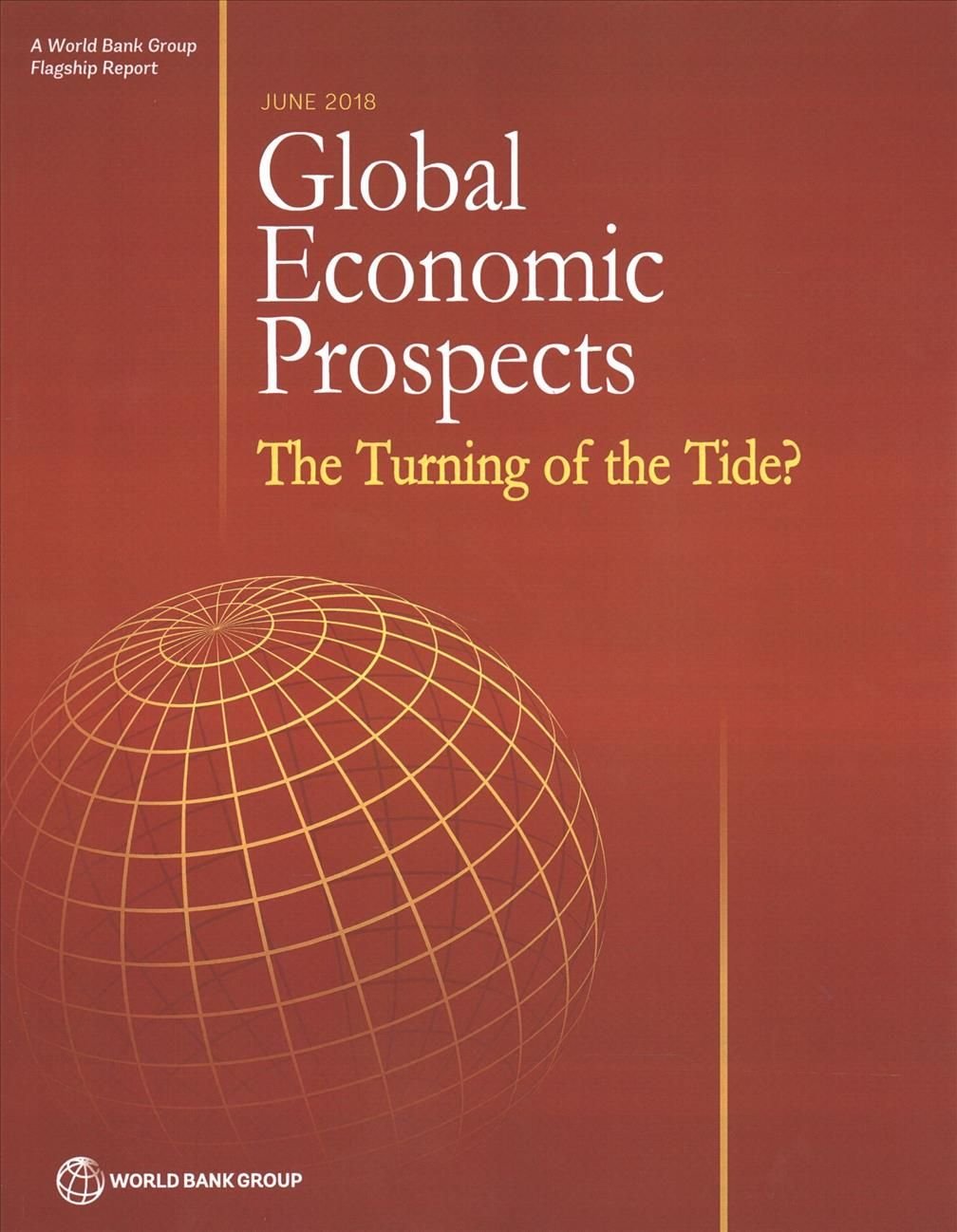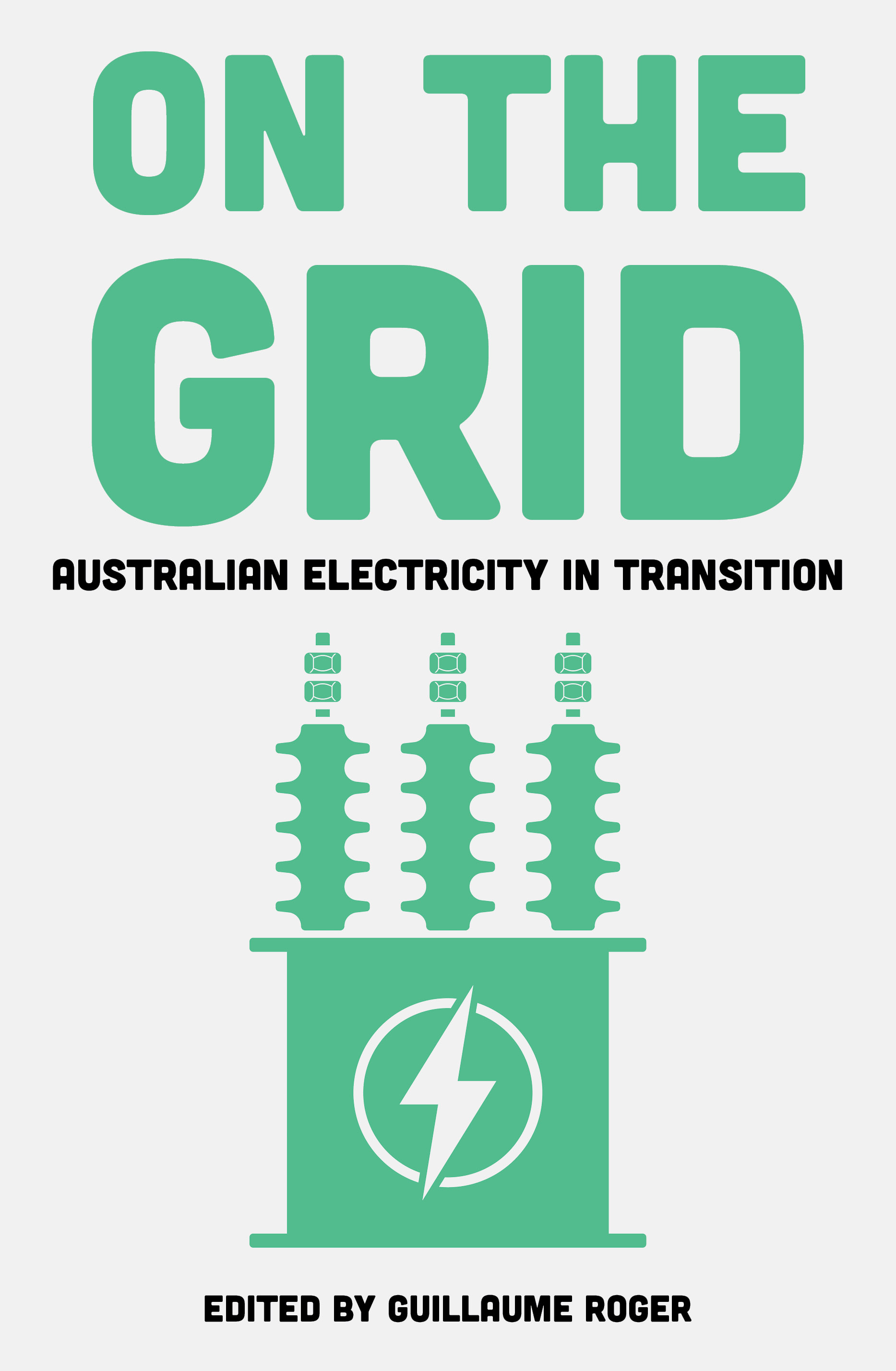Global growth has eased but remains robust and is projected to reach 3.1 percent in 2018. It is expected to edge down in the next two years, to 2.9 percent by 2020, as global slack dissipates, trade and investment moderate, and financing conditions tighten. Growth in advanced economies is predicted to decelerate toward potential rates as monetary policy normalizes and the effects of U.S. fiscal stimulus wane. In emerging market and developing economies (EMDEs), growth in commodity importers will remain robust, while the rebound in commodity exporters is projected to mature during the next two years. Progress in per capita income growth will be uneven, however, remaining particularly subdued in Sub-Saharan Africa. Risks to the outlook remain tilted to the downside. The possibilities of escalating trade protectionism and disorderly financial market movements have increased substantially in recent months, and the risk of heightened geopolitical tensions continues to cloud the outlook. EMDE policymakers need to rebuild monetary and fiscal policy buffers and be prepared for rising global interest rates and possible episodes of financial market turbulence. In the longer run, EMDEs need to tackle ongoing structural challenges and boost potential growth, by promoting competitiveness, adaptability to technological change, and trade openness.Global Economic Prospects is a World Bank Group Flagship Report that examines global economic developments and prospects, with a special focus on emerging market and developing countries, on a semiannual basis (in January and June). The January edition includes in-depth analyses of topical policy challenges faced by these economies, while the June edition contains shorter analytical pieces.












